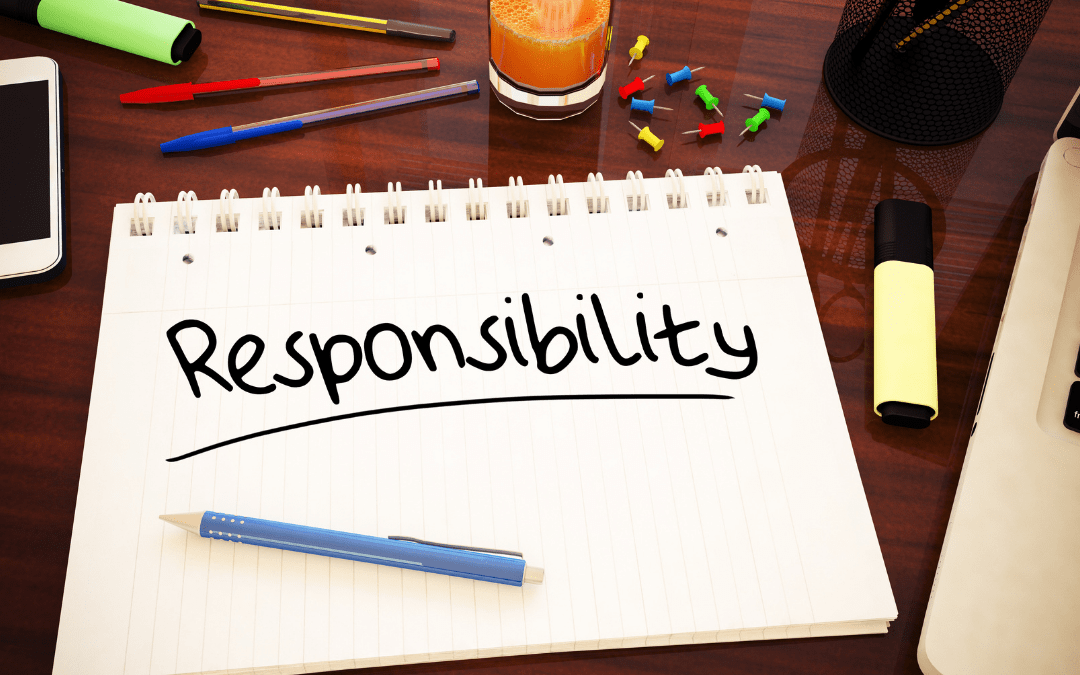Temper tantrums are a topic of perennial relevance, except more now than ever. Why? Because Covid has pushed the limits of many homes, with children and teens learning to ‘rule the roost’ through demand and tantrums.


Temper tantrums are a topic of perennial relevance, except more now than ever. Why? Because Covid has pushed the limits of many homes, with children and teens learning to ‘rule the roost’ through demand and tantrums.

When we wake up in the morning, here’s what happens to most of us. Residual thought from the day before, whether it be more positive or negative, quickly comes to mind. With that and all the familiarity from yesterday’s events, the mind is quickly back on track to...

As a psychologist working with individuals and organizations, I am frequently offered numerous reasons justifying our personal psychological struggles. And many of these reasons would appear valid to anyone listening. They tend to take one of the following forms: It’s...

Our minds are like a telescopic lens, and the more we focus on something, the larger it becomes. As a child, we begin with a starter telescope, and this makes it hard to get locked into one perspective. As we age, we evolve to giant telescopes, with a great capacity to focus in on a single point of view. As we zoom in on perception or a belief (and this creates an emotion), the mind then expands upon that over and over.

In recent years, there is an explosion of children and adults struggling with anxiety disorders. These range from anxiety disorders that are uncomfortable to those that lead to disabling fears and panic symptoms. Turning to medications for a solution is often filled...

Our minds seem to be incessantly creating questions to be answered. We engage in this inner dialogue, answering the internal questions and following the train of thought. The question controls our energy and attention!

Pattern recognition is exactly what it implies: Noticing patterns of behavior or emotion, and the behavioral or emotional consequences that are paired with those choices. Thus, it is essential to include both child and adult behaviors and emotions in any behavioral issue.

Many of us have been (falsely) taught that children need a stronger voice in making decisions in their life. We hear the battle cry: “Give kids more choice.” And so we listen and turn to our children to offer them more choice.

Previously we discussed how questions arise in our minds, and we typically do not choose the questions. Yet, these questions directly and control our attention, the thoughts that follow, and the consequential emotions! These questions cannot be taken lightly if we...

We make the mistake of asking ‘WHY’ with relentless pursuit. We do it to ourselves, and we do it to others, constantly exploring the roots.

Complaints take us down a very familiar path, and the fact that it happens frequently, and we find comradery in these familiar paths hides the toxic influence of this harmful habit…

How many times do you listen to a message that resonates with you, and you think, ‘That’s a great idea. I should do that!’ And then, it’s forgotten, and nothing happens.